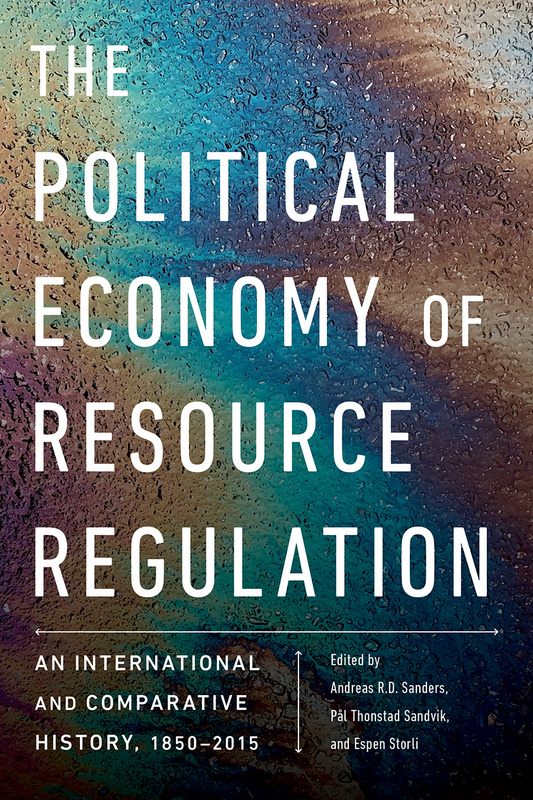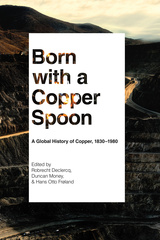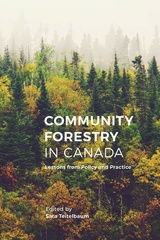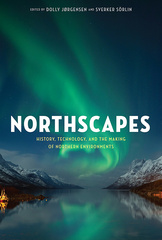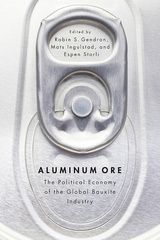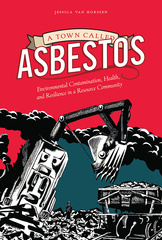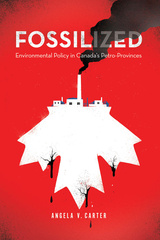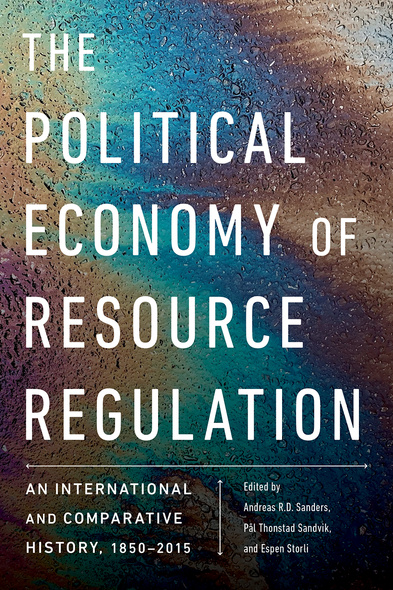
The Political Economy of Resource Regulation
An International and Comparative History, 1850-2015
Industrialist John Paul Getty famously quipped, “The meek shall inherit the earth, but not its mineral rights.” Throughout history, natural resources have been sources of wealth and power and catalysts for war and peace. They are natural objects for political regulation. The Political Economy of Resource Regulation examines how the intersection of ideas, interest groups, international institutions, and political systems gave birth to distinctive regulatory regimes at various times and places in the modern world.
Spanning seven continents and focusing on both advanced and developing economies, the case studies explore how the goals and modes of regulation have changed in response to new economic realities, demands from power brokers and the broader public, and rules and norms for what is considered legitimate government action.
By widening the lens to capture the history of multiple countries in a comparative perspective, this innovative book shows that regulatory regimes in resource-dependent nations have played a decisive role in the international political economy. It also offers unique insights into why some resource-rich countries have flourished while others have been mired in poverty and corruption.
This book will appeal to students and scholars interested in natural resources, regulation and regulatory regimes, and the history of international relations.
This book adds important dimensions to the fields of economic history, economics, and development studies, and has implications for international relations and international law. Its coverage of countries and issues is truly impressive.
This is a unique and ambitious collection, covering both the long historical period and a broad variety of countries.
Andreas R.D. Sanders is a postdoctoral researcher at the Norwegian University of Science and Technology, with a PhD from the European University Institute in Florence. His research focuses on resource nationalism in Sweden and Norway in the late nineteenth and early twentieth centuries. He has published a number of articles and chapters on natural resource regulations and business-government relations.
Pål Thonstad Stadnik is a professor of economic history at the Norwegian University of Science and Technology. He has published widely in economic history on topics such as state regulation of the economy, the relationship between multinationals and small states, and the development of resource-based industries. He is currently leading a research project on the political regulation of natural resources. His most recent book is an economic history of Norway.
Espen Storli is a professor of history at the Norwegian University of Science and Technology. He was a Harvard-Newcomen Fellow in Business History at Harvard Business School. He has published widely in the field of international business history on government-business relations, international cartels, and the development of extractive industries. His publications include two edited volumes on the global history of the tin and bauxite industries. He is currently leading a research project on the development of global commodity traders after 1945.
Introduction: Natural Resource Regulations and the Global Economy / Andreas R.D. Sanders, Pål T. Sandvik, and Espen Storli
Part 1: Evolution of the Domestic Regulation of Natural Resources
1 The Australian Gold Rushes, 1850–1900: Elites, Mineral Ownership, and Democracy / Zdravka Brunkova and Martin Shanahan
2 Regulation of Natural Resources in the Nordic Countries, 1880–1940 / Andreas R.D. Sanders, Pål T. Sandvik, and Espen Storli
3 Regulating Natural Resources in Canada: A Brief Historical Survey / Robin S. Gendron and Andreas R.D. Sanders
4 National Oil Companies and Political Coalitions: Venezuela and Colombia, 1910–76 / Marcelo Bucheli
5 Managing Russia’s Resource Wealth: Coalitions and Capacity / Stephen Fortescue
6 Regulatory Regimes for Petroleum Production in Brazil / Gail D. Triner
Part 2: Impact of Imperialism on Resource Policy
7 Regulating Oil Concessions in British West Africa: The Case of Nigeria and the Gold Coast during the Colonial Period / Jon Olav Hove and John Kwadwo Osei-Tutu
8 Regulating Oil in Iran and India: The Anglo-Iranian Oil Company and Burmah Oil, 1886–1953 / Neveen Abdelrehim and Shraddha Verma
9 “In the National Interest”: Regulating New Caledonia’s Mining Industry in the Late Twentieth Century / Robin S. Gendron
Part 3: Growing Internationalization of Resource Policy
10 Regulating the Regulators: The League of Nations and the Problem of Raw Materials / Mats Ingulstad
11 Regulating the Natural Resources in the Antarctic Region: A Historical Review / Bjørn L. Basberg
12 The Rights of Indigenous Peoples to Land and Natural Resources: The Sami in Norway / Hanne Hagtvedt Vik
13 “Europe Cannot Engage in Autarchical Policies”: European Raw Materials Strategy from 1945 to the Present / Hans Otto Frøland and Mats Ingulstad
14 Mitigating Import Dependency: Japan’s Energy and Mining Policies / Takeo Kikkawa
Conclusion / Andreas R.D. Sanders, Pål T. Sandvik, and Espen Storli
Contributors; Index

